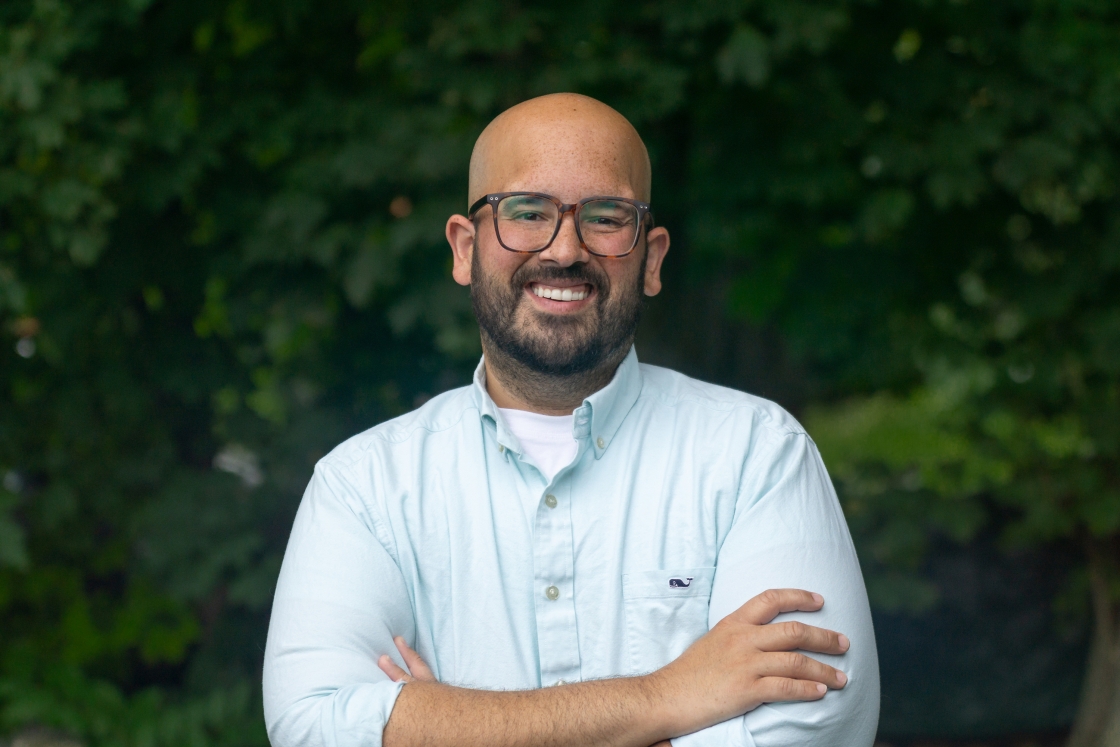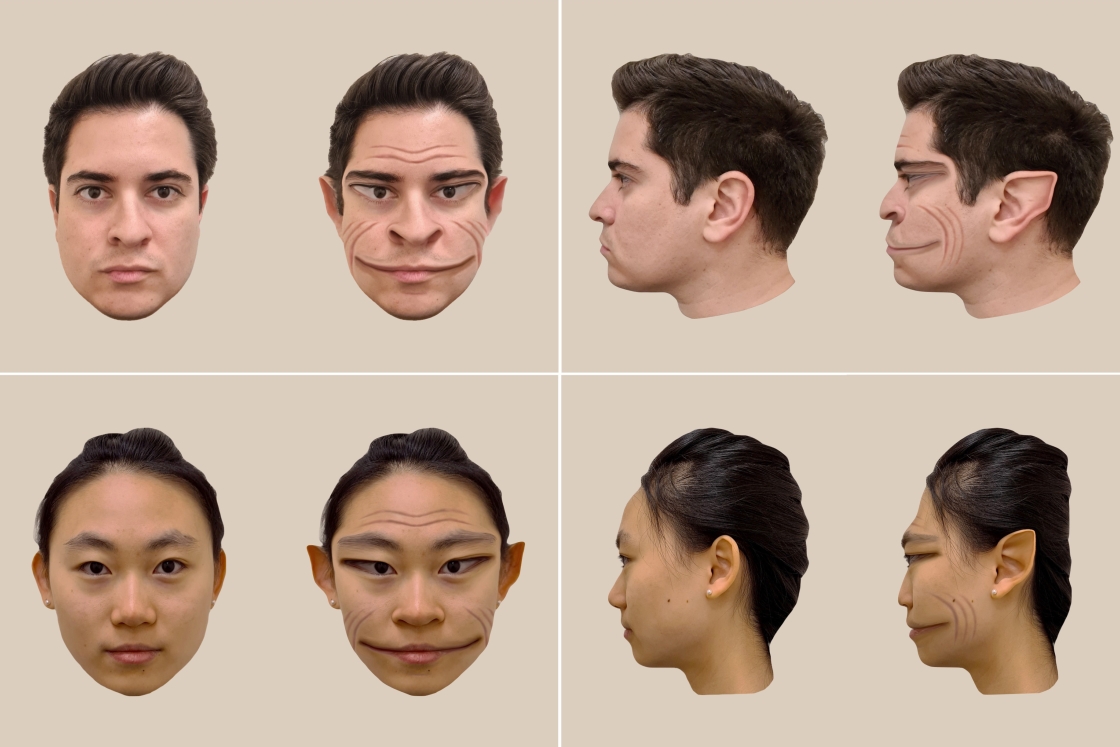April 21, 2015
For those high school students who have applied to college, this is the season of awaiting acceptance letters and making decisions. But what about those who didn’t apply? Dartmouth researchers are studying how best to encourage qualified high school seniors to apply to and enroll in college.
Dartmouth Economics Professor Bruce Sacerdote and his colleague Scott Carrell at the University of California Davis examined several types of mentoring programs to better understand their impact on how and why high school seniors apply to college. They ran a set of large-scale experiments to investigate what works and why. They found that for the highly qualified students who are not as savvy about the college application process, direct intervention and hands-on mentoring was the most effective way to get them to apply. Their working paper was posted online on April 15, 2015 by the National Bureau of Economic Research.
“Although hands-on, in-person mentoring is more labor intensive, the payoffs are large. We focused the mentoring during December and January of the senior year in high school,” says Sacerdote, the Richard S. Braddock 1963 Professor in Economics at Dartmouth.
The researchers targeted high school seniors who were on the verge of failing to apply to college. They worked with guidance counselors at 20 different schools in New Hampshire to identify candidates for the study. They tested three different methods of intervention: one group was mentored one-on-one by Dartmouth undergraduates, one group was offered a cash incentive to complete the application but no mentoring, and a third group received emails and letters from the admissions offices at New Hampshire public institutions. The researchers found that the high-touch, in-person treatment was far and away the most effective.
“We initially hypothesized that students were procrastinating or disorganized, and that this prevented them from applying,” says Sacerdote. “But in fact organizational skills are not terribly correlated with college application and attendance among this group. Instead, having parental or teacher help is the key ingredient. And our mentors were partial substitutes for the help in the application process that many more advantaged students have.”
The Dartmouth undergraduates who became mentors were trained to help the high school students understand that for some career goals, a college degree was required. Additionally, the in-person mentoring was especially helpful to those students who didn’t have help from a parent or counselor who could guide them through the processes and paperwork. Sacerdote and Carrell are now working with Let’s Get Ready, a national non-profit that provides both SAT prep and in-person help in choosing a college and completing an application

